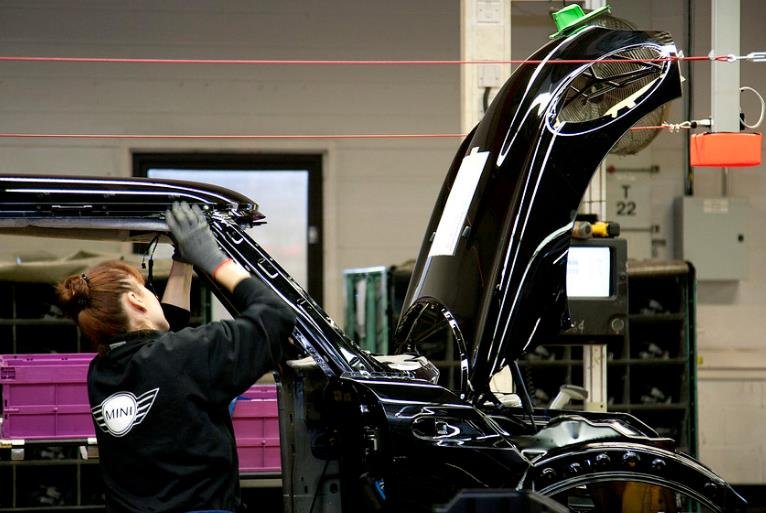The Minister of Industry, Trade and Investment, Doris Uzoka-Anite, is set to inaugurate the first Nigerian Auto Industry Summit on June 27, 2024, at Radisson Lagos, GRA Ikeja. This summit aims to bring together key stakeholders in the automotive sector to address the industry’s challenges and explore its potential for national development. Organized by the Nigeria Auto Journalists Association in partnership with the National Automotive Design and Development Council, the event is themed “Reviving Nigeria’s Economy through the Automotive Sector.”
The Nigerian Auto Industry Summit is a timely initiative aimed at tackling the myriad challenges facing the country’s automotive sector. The summit will feature discussions on critical issues such as policy implementation, infrastructure development, and investment opportunities. By bringing together government officials, industry leaders, and stakeholders, the summit seeks to create a unified approach to overcoming these obstacles.

One of the primary challenges is the lack of adequate infrastructure to support the automotive industry. This includes everything from manufacturing facilities to road networks and ports. The summit will address these issues by proposing practical solutions and strategies for improvement. Additionally, the event will highlight the importance of policy consistency and the need for a supportive regulatory environment to attract both local and foreign investments.
Another significant challenge is the high cost of vehicle importation, which has stifled the growth of the local automotive industry. The summit will explore ways to reduce these costs and encourage the production of vehicles within Nigeria. This includes discussions on tax incentives, import duty reductions, and other measures to make the industry more competitive. By addressing these challenges, the summit aims to lay the groundwork for a thriving automotive sector in Nigeria.
Transforming Nigeria into an Automotive Hub
The ultimate goal of the Nigerian Auto Industry Summit is to transform Nigeria into a leading automotive manufacturing hub in Africa. This ambitious vision requires a concerted effort from all stakeholders, including the government, private sector, and international partners. The summit will serve as a platform for these groups to collaborate and develop a comprehensive roadmap for achieving this goal.
One of the key strategies for transforming Nigeria into an automotive hub is to leverage the African Continental Free Trade Area (AfCFTA). By taking advantage of this agreement, Nigeria can position itself as a central player in the African automotive market. The summit will discuss how to maximize the benefits of AfCFTA and create a competitive edge for Nigerian-made vehicles. This includes exploring opportunities for regional partnerships and trade agreements.
Another important aspect of the transformation is the development of a skilled workforce. The summit will emphasize the need for investment in education and training programs to equip Nigerians with the necessary skills for the automotive industry. This includes technical training, engineering programs, and vocational education. By building a skilled workforce, Nigeria can ensure the sustainability and growth of its automotive sector.
Building a Sustainable Future
Sustainability is a crucial component of the Nigerian Auto Industry Summit’s agenda. The event will focus on promoting environmentally friendly practices and technologies within the automotive sector. This includes discussions on electric vehicles, renewable energy sources, and sustainable manufacturing processes. By adopting these practices, Nigeria can reduce its carbon footprint and contribute to global efforts to combat climate change.
The summit will also address the issue of automotive waste management. Proper disposal and recycling of automotive parts and materials are essential for minimizing environmental impact. The event will explore innovative solutions for waste management and encourage the adoption of best practices within the industry. By prioritizing sustainability, the summit aims to create a greener and more responsible automotive sector in Nigeria.
In conclusion, the Nigerian Auto Industry Summit represents a significant step towards transforming Nigeria into an automotive manufacturing hub. By addressing industry challenges, leveraging regional trade agreements, and promoting sustainability, the summit aims to create a thriving and competitive automotive sector. The event will bring together key stakeholders to develop a comprehensive roadmap for achieving this vision, ultimately contributing to Nigeria’s economic growth and development.
















